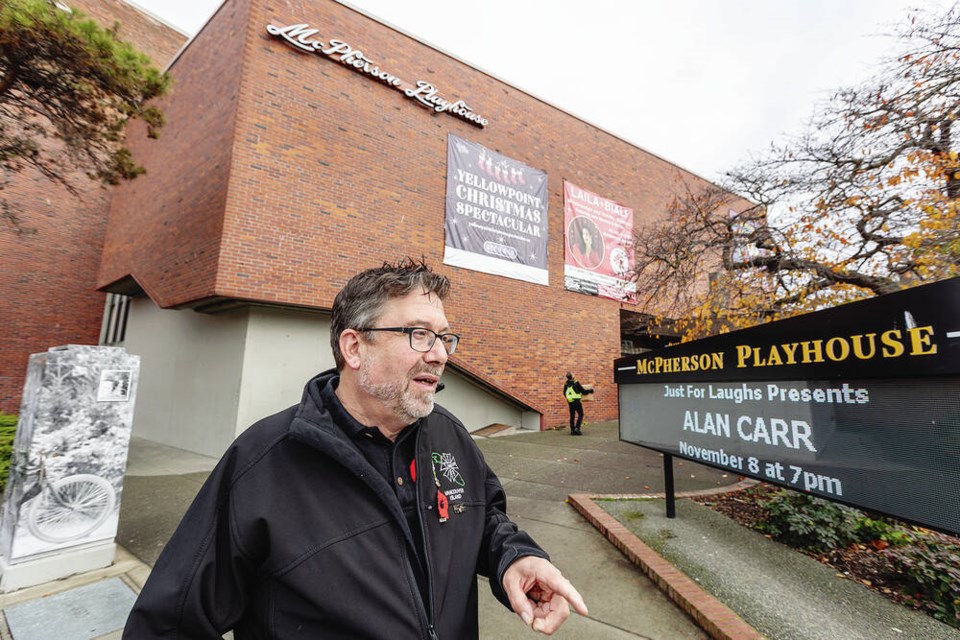Greater Victoria’s living wage rose to $25.40 this year, up 4.6 per cent from last year.
That’s the hourly amount two parents working full-time with two children, ages four and seven, would need to make to pay for basic needs while living in the region.
The increase was driven largely by rising housing and food costs, which are up by 13.4 per cent and 6.2 per cent respectively, said Diana Gibson, executive director of the Community Social Planning Council, which calculates the figure annually.
The living wage is meant to be enough to live with dignity, but doesn’t allow families to save for a home purchase, children’s university education or retirement, Gibson said.
Victoria’s living wage is just 28 cents lower than Vancouver’s at $25.68. Vancouver isn’t the highest in the province, however — that distinction goes to Daajing Giids — previously known as Queen Charlotte City — on Haida Gwaii at $26.25 and Golden at $25.78.
Total basic expenses for the Greater Victoria hypothetical family rose to $93,490.29, from $91,097.29 last year, an increase of 2.6 per cent.
Basic needs considered in living-wage calculations include rent for a three-bedroom apartment, food, child care, transportation and clothing, while taking into account government taxes, credits and subsidies.
The hourly wage works out to $46,228 in annual income per parent — for a total household income of $92,456 — based on a 35-hour work week, and allows for minimal recreation and entertainment, including visits to museums and events, some sports and arts classes for children and a modest family vacation.
According to the latest census, the median household income in Victoria in 2020 was $67,500, while the average was $86,400.
Gibson said the living-wage hike would have been about seven per cent if not for government investments in child care.
The province provides subsidies of up to $900 per month to parents of children up to kindergarten who use licensed childcare providers. Subsidies are also available for preschool and before- and after-school care.
The hypothetical family of four saw a 24.5 per cent decrease in child-care costs in 2023, for a savings of more than $4,000.
“So that tells us that government action can help with cost of living for these households, which is why this is not just a conversation about wages, and employers,” Gibson said. “This is a conversation about policy.”
But the family’s yearly rent of $34,805 would exceed 30 per cent of their pre-tax household income, classifying their housing as unaffordable by Canada Mortgage and Housing Corporation’s standards.
The living wage dropped in 2019 by more than a dollar to $19.39 due to child care subsidies, Gibson said, but has been rising every year since, and saw an increase of more than 20 per cent from 2021 to 2022, when it was $24.29.
Gibson attributed that big jump largely to post-pandemic inflation in food and housing costs.
One way that government decisions can support low-income families is to ensure affordable housing is built in areas with good transit options, so families can save thousands of dollars by forgoing car ownership, Gibson said.
More than 400 employers in the province are certified as Living Wage Employers and commit to paying employees a living wage.
Ryan Hunt, executive director of the B.C. Museums Association, which committed to paying its seven staff a living wage a year ago, said the association is funded through grants and will have to be more strategic in securing those grants with the increased living wage, but it’s a small price to pay to ensure staff are paid fairly.
“Everybody is feeling the squeeze right now. So the more that we can do to support the people who are supporting our organization, I think the healthier and stronger an organization we will be,” he said.
A living wage allows people to have a work-life balance, said George Scott, who is on the executive of the Victoria and District Labour Council and president of the International Alliance of Theatrical Stage Employees Local 168, a living-wage employer.
Those who earn less may be forced to take on extra work hours to make ends meet, taking them away from their families, social activities, exercise routines or continuing education, he said.
The minimum wage in B.C. is currently $16.75 an hour.
regan-elliott@timescolonist.



